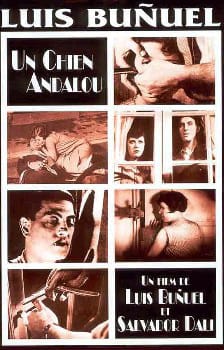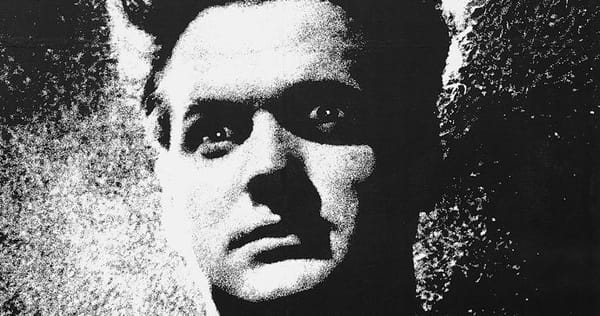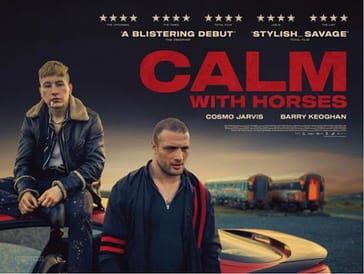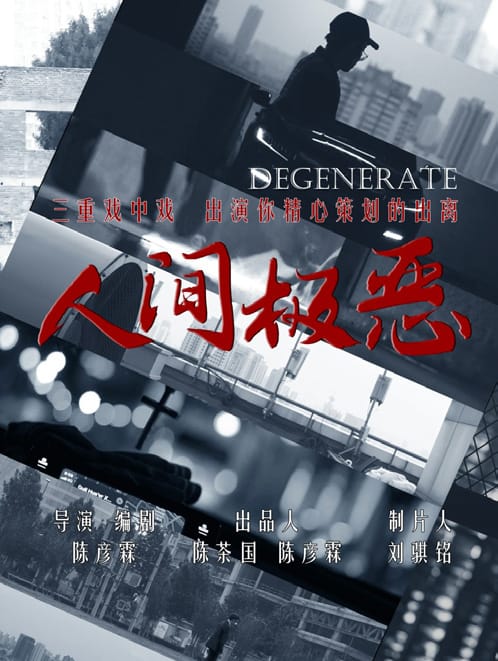Classic Film of the Week: The Act of Killing
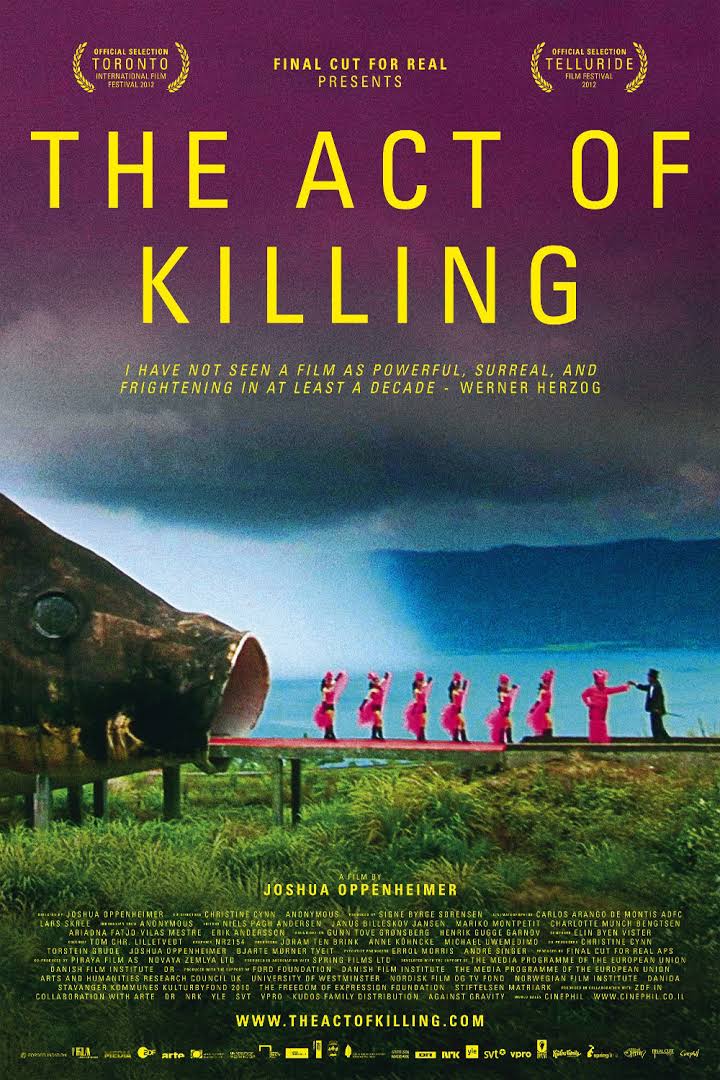
Film Editor Oliver Weir discusses the modern classic 'The Act of Killing' about the perpetrators of the 1965/66 Indonesian massacres which took the lives of over 1,000,000 communists, farmers, union members, intellectuals, and ethnic Chinese. Director Joshua Oppenheimer asks the perpetrators to recreate the heinous acts that they committed in an attempt to unearth their motivations. They are more than happy to do this and see it as an opportunity to commit to film a history they are proud of.
The Act of Killing is a documentary all about possession. Oppenheimer meets with the perpetrators of the 1965/66 Indonesian massacres which took the lives of over 1,000,000 communists, farmers, union members, intellectuals, and ethnic Chinese. He asks them to recreate the heinous acts that they committed in an attempt to unearth their motivations. They are more than happy to do this and see it as an opportunity to commit to film a history they are proud of. The primary focus of the film is the notorious Anwar Congo. He recalls his past with a disconcerting calmness, and at one point mentions that he “wore jeans for killing” in a tone you’d use to tell someone what you had for breakfast. He is unable to separate his responsibility for the things he did from the tenets of the cause he followed. He operated in an ideological system similar to Hitler’s Germany and Stalin’s Russia, where people were functions of a morality, wholly subordinate to ideas, long before they were recognised as individuals. Those who did not adhere to the doctrine could not be people.
The film’s brilliance lies in the way it makes us consider the conditions under which we could act as Congo did. Perhaps under the right government, the right social pressure, or the right chemical reaction in the brain, we could be compelled to act as inhumanely. It is certainly possible, and, if the 20th century taught us anything, it is that nobody is exempt from this truth. It’s comfortable to dismiss the ~100,000,000 dead from brutal 20th century regimes as a result of the actions of a few bad men, but history does this view no favours. The ball gets rolling by ordinary people who either believe all that they hear, or think politics happens elsewhere. As Solzhenitsyn said: “The battleline between good and evil runs through the heart of every man”. This film reminds us of the consequences of picking the wrong side, and, more importantly, of being too entrenched in our views to switch.

